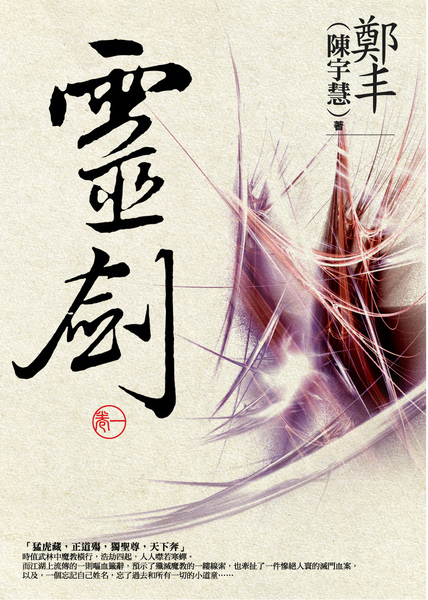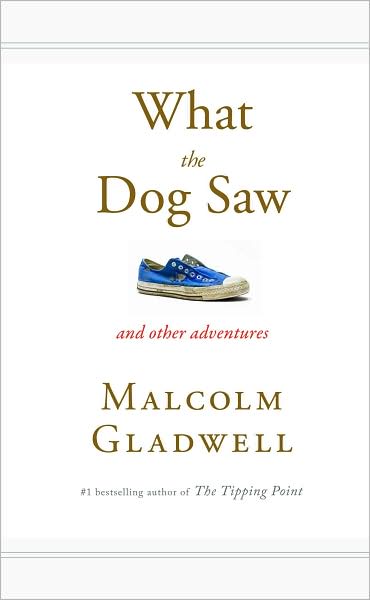As a luddite, I did not pay much attention to those 2G, 3G mumble jumble. I turn on my cell phone when I wake up. I would make several phone calls in a day and send/receive some text messages. That’s about it. For richer networking experiences and services, I fire up my trusted laptop, connect with a broadband services, and surf the net the old fashion way. I ignored all MMS (text messages with a video or picture) and never surfed the net with my cell phone. I shook my head, inside, on those iPhone junkies who are hopelessly addicted.

This nice shell shattered when a friend showed me her dongle a couple of years ago in Asia. With her 3G services (based on HSPA, offered universally to all subscribers in that small country she lives), she would remove the SIM card from her cell phone, insert it into this dongle, insert the dongle into her laptop USB port, and surf the net at the speed comparable to a typical WiFi (slightly better than 5Mbs).
There used to be three ways to connect to the Net: fixed line, WiFi, and dial-up. Now we have the fourth: 3G wireless. Operators around world have pretty much all converted to 3G and are now gearing up on 4G deployment with a technology called LTE. Simply put, 4G network allow one to surf the net at two to ten times faster than a typical WiFi hotspot today.
This means, with that magic dongle, I would no long need to hunt for hotspots. I would have broadband wherever, via a fundamental telephony technology. What does that mean if I would skype through this service? Do I pay skype rate (that is usually free) or a voice rate (that is, currently, expensive for international calls). My guess is that operators would simply offer flat rate for global voice services, since distance or geo-political boundaries are no longer a factor in costs.
Why would I need that home wireless router if everyone in the family can simply connect whenever and wherever? To avoid everyone suffling their SIM cards between their cell phone and computer, I would like a box that accept a single SIM card and essentially NAT (Network Address Translation, a way to allow multiple computers to connect to outside via a single point) between those computers at home. This box is like a FemtoCell, with a small twist in access control.
This luddite still insists using his phone only for voice and text. I would still carry a laptop that would blue-tooth to my cell phone when I an on the road. Otherwise, I would connect via either a company connection or my home box. Since my laptop connection would be ubiquiteous, I would store my data on the Internet (in one of those clouds) so that it would be light and cheap. The laptop and the cell phone are essentially the same, only the former has a better keyboard, mouse, and screen.
After so many decades, 4G wireless finally would solve the “last mile” problem. Funny, it is not Fibre to the Home (FTTH) as so many pundits predicted. It would be LTE. I bet whoever coined that name is regreting greatly. Long Term Evolution? Come on!





